Germany Immersion Trip
Germany Immersion Trip 2018 was greeted with much anticipation from the 15 physics undergraduate participants. The academic and cultural exposure has undoubtedly left an indelible impression on them. Let’s hear what some of them have to say!
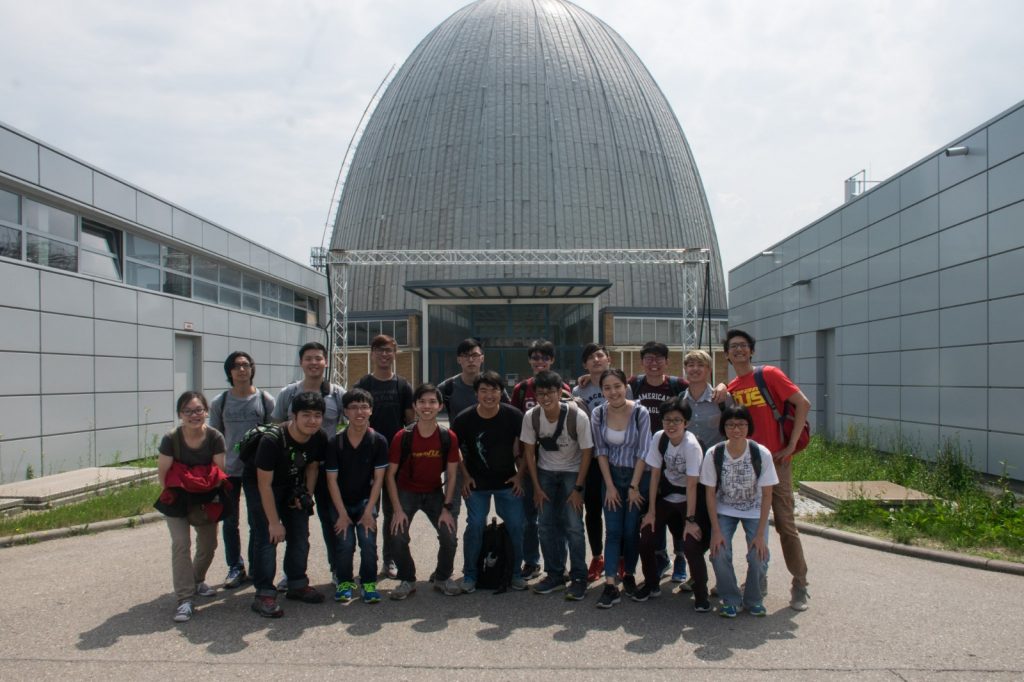
I really enjoyed seeing firsthand that what we learn on the trip is applicable in modern research, given that most of it is already known and doesn’t require us, as students, to test and measure the related phenomena. It is rather difficult to imagine that the things we learned in classes may be used in such manner, if we are not exposed to such research. On top of research, I find it always interesting to visit various places to discover the histories, as well as listen to other anecdotes, making all the difference between reading about it and actually being there.
Shermine Ho (Year 3)
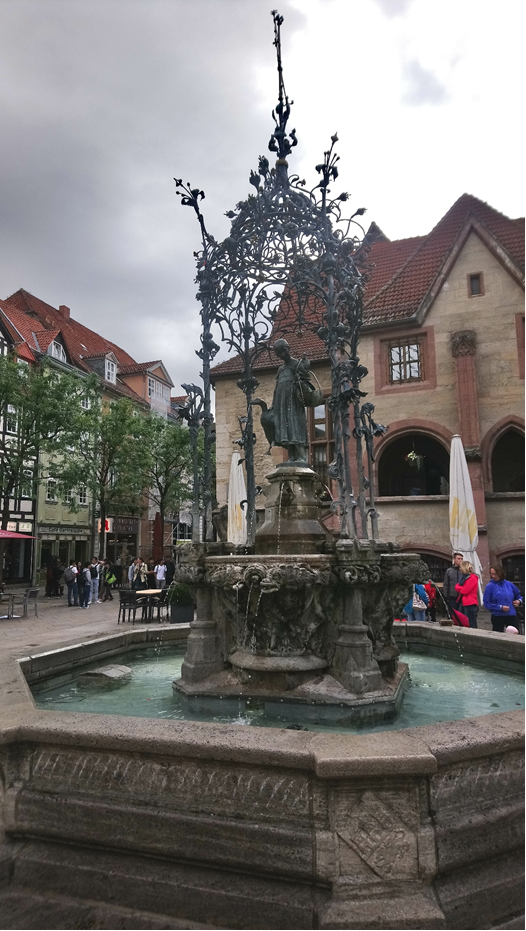
It has been a privilege for me to have been part of GIT 2018, which also served as my short graduation trip. During the course of the trip, we spent two weeks in Munich and a week in Gottingen. In Munich, we visited Ludwig-Maximilians University and Technical University Munich. For the latter, we were lucky to have the opportunity to visit an experimental nuclear reactor and saw the interior of the reactor first-hand. The security there was even tighter than that at the airport but that helped to ensure that we were safe and secure. In Gottingen, it was interesting to learn that notable scientists such as Carl Friedrich Gauss, David Hilbert, Bernhard Riemann, Felix Klein and John von Neumann, just to name a few, had taught in the University of Gottingen at some point of time. The place was therefore known as the “City of Science”.
Another interesting feature of the city was the statue of Gänseliesel. Fresh PhD graduates of the University of Gottingen will be escorted in a cart by their peers to the statue located in the city centre. They will then have a bouquet of flowers and are required to kiss the statue and put the flowers on her. As such, the statue of Gänseliesel is the most kissed statue. We were also fortunate to experience the World Cup fever while in Gottingen when Germany played its first match against Mexico. Germany lost the match and after that, Mexican students took to the city centre where they celebrated with their national flag and beer.
All in all, I enjoyed the entire experience in Germany where I not only got to be immersed in the culture but also fulfilled my life-long dream of stepping onto a European country. I am extremely thankful to be a part of this trip.
Lye Tee Siang Adolphus (Honours Year)
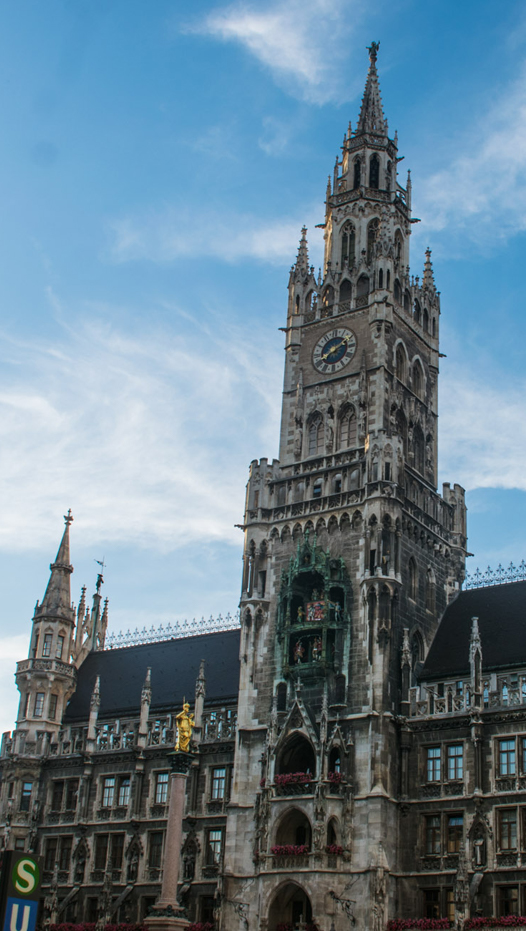
The Germany Immersion Trip is designed to offer students an opportunity to immerse themselves in the learning and research culture in Germany and to explore the institutes and facilities that cannot be found in Singapore due to its geographical and spatial constraints. These include a visit to a nuclear reactor research facility, an observatory at the top of the mountains and advanced laser and ion labs. We also attended sharing sessions by various university research groups and Max Planck Institutes, and the different and diverse research topics certainly provided a fresh perspective and opened up a new way of thinking for me.
I was personally inspired to think about how lessons learnt in bio-mechanics and nano-structuring can improve photovoltaic performance, or how new characterisation techniques in correlated materials can help us better understand charge dissociation at interfaces. Of course, we had the chance to be highly immersed in the local culture as we were exposed to the lifestyle of the residents and nourished by great food and drinks. We also experienced the local football passion and enjoyed the wonderful sights and weather not found in Singapore. I would highly recommend this trip for students interested to find out more about education and research in Germany.
Seah Zong Long (Year 3)
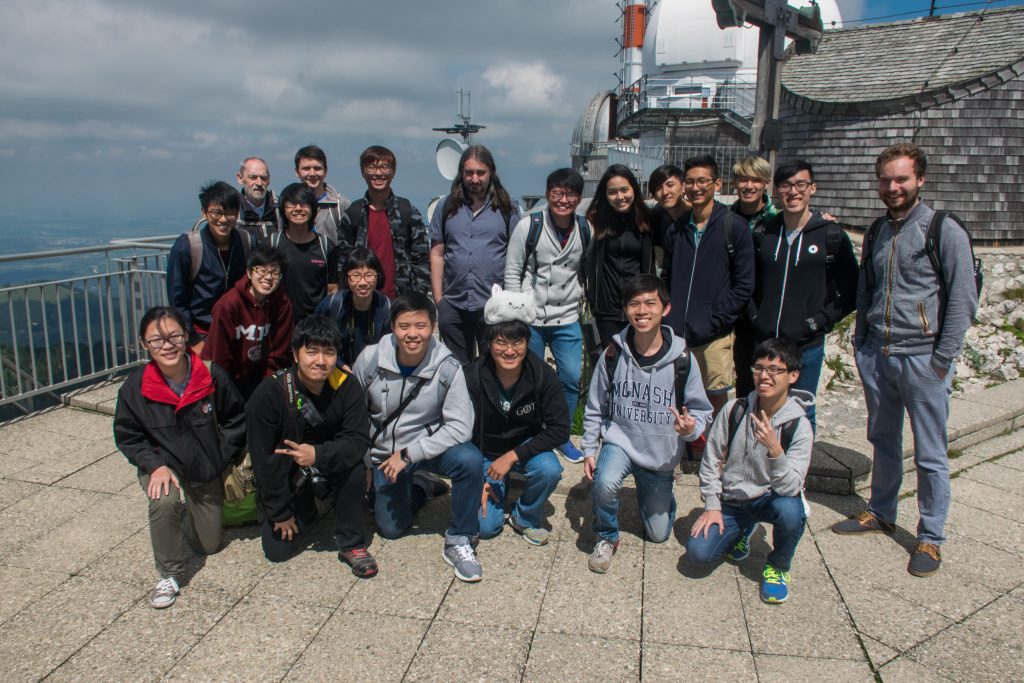
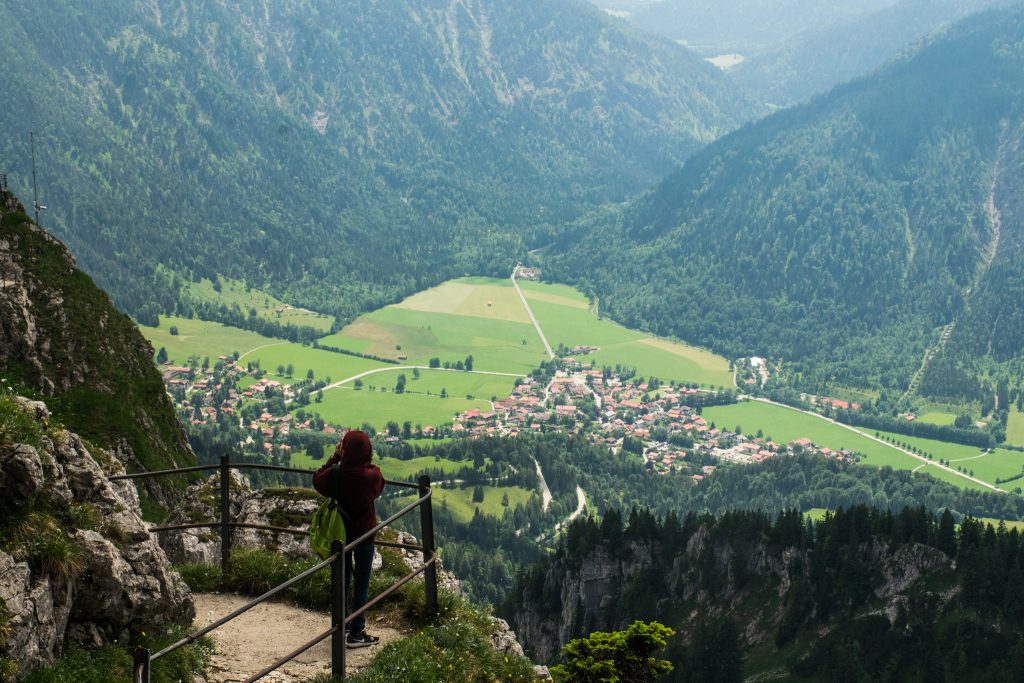
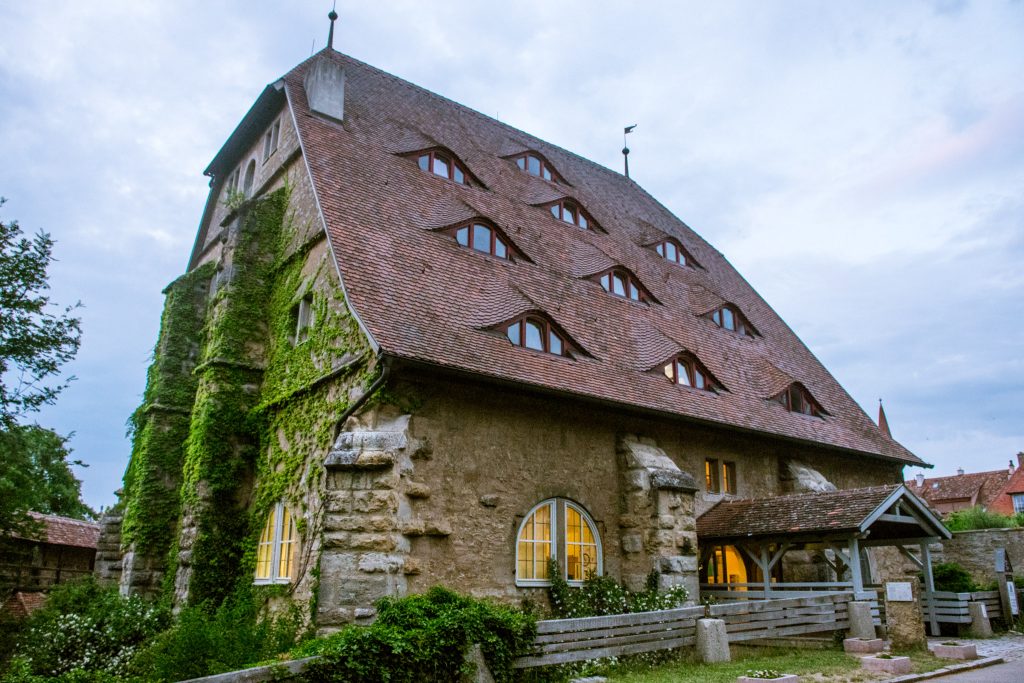
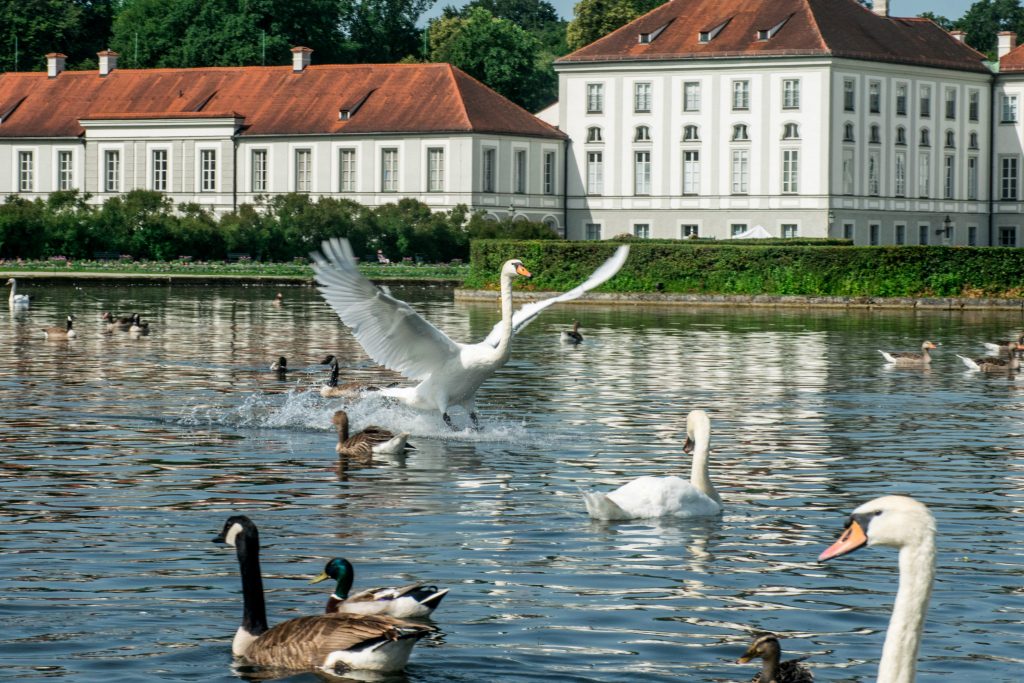
Germany, globally known for rich beer, Volkswagen© and pork delicacies, has a reputable academic culture and is the birthplace of many physicists (like Max Planck) who changed the world with their findings. As a brief but focused attempt to get a glimpse of German culture and academia, 15 of us, accompanied by Prof B G Englert and A/Prof Thomas Osipowicz, spent three weeks in Munich and Gottingen. A key part of the trip was the opportunity for intellectual exchange with like-minded people from the universities (such as the University of Gottingen) and various institutes of learning and research (Max Planck institutes).
There were adequate opportunities for touristy sightseeing as well. Exploring a nuclear power plant, shivering under the cold night at an astronomical observatory and an unforgettable day hike to the summit of Wendelstein were some of the memorable moments for me. The laughter and joy during the trip could also be attributed to the friendly student guides from the universities who met us with warmth and enthusiasm. In summary, though the trip was short, it left one with fond and happy memories of an enriching time in one of Europe’s most exciting countries.
Yeo Wei De Lloyd (Year 3)
